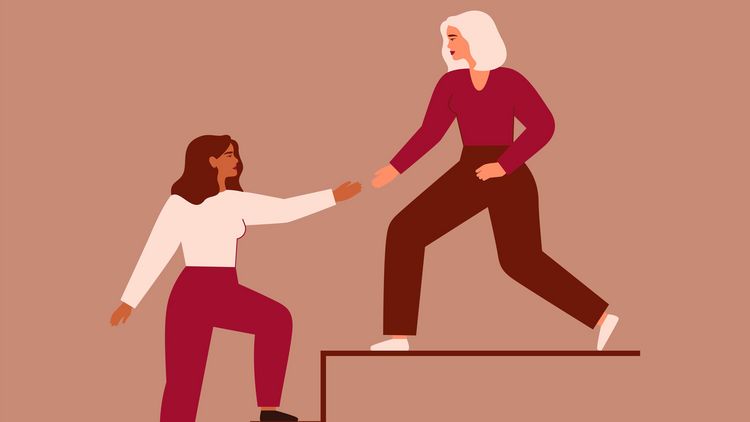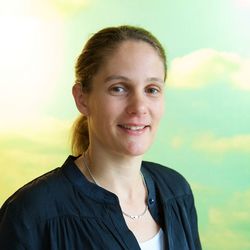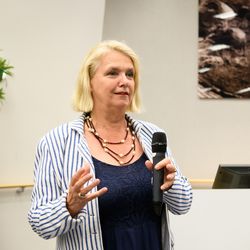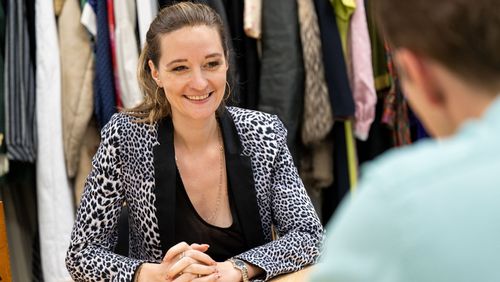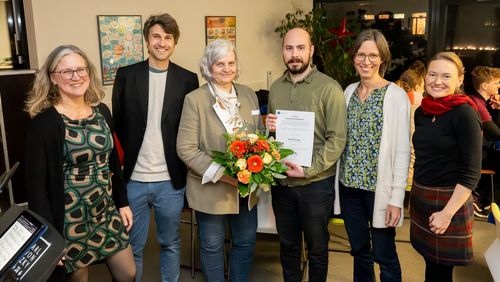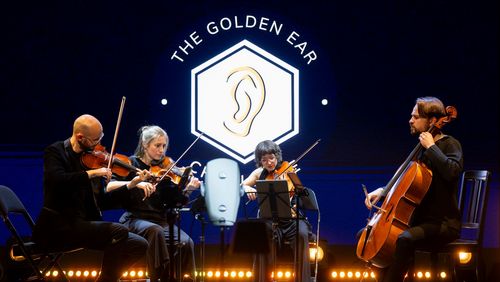The mentee: Dr. Irene Faber is a postdoctoral researcher at the Oldenburg Institute of Sport Sciences in the research group Sport and Movement Science. She studied movement sciences at Radboud University in Nijmegen, the Netherlands. Subsequently, she was a lecturer and coordinator for teaching modules in a master's programme at Saxion University of Applied Sciences in Enschede. Her PhD, which she wrote in parallel at Radboud university medical center (Radboudumc), was supervised by Prof. Dr Ria Nijhuis-van der Sanden, who was now also her "Progressio" mentor. Faber's research area is talent development in sports.
"Ria and I have known each other for a long time. I already took courses with her during my studies. She supervised both my master's thesis and my dissertation. When the mentoring programme started, I turned to her because she knows me so well and is also very experienced.
During the workshops in the mentoring programme, different questions came up. Some participants were concerned with work organization, the balance between private life and career, or whether or not to write a habilitation. For me, another level was important: How to develop my personality, how to deal with conflicts or power play.
The programme supported this with different kinds of workshops. These courses helped me to turn my thinking around, to see the opportunities that you can take and that you are not stuck in the system. Then I discussed it in more depth with Ria afterwards. It was a nice combination to have that together.
Another thing that women in particular can learn in this programme: To say ‘this is my limit’, and not to put everything on their shoulders. All the women in our group work very hard and try to do their best. But as an advanced junior scientist, you are in a new position, you don't have to do everything yourself. Sometimes it's good to prioritize or divide tasks. It was a big relief to see that we are all experiencing the same things, that we are not alone on this track and that we can get support from each other.
The mentoring programme has also helped me to reflect on how to continue in life. I realized that it is the content of my work that actually drives me and that I don’t want to lose that. I’d like to make some impact with the things that I do, trying to help kids at a young age to develop in the best way. This gives me more joy than anything, so that is where I want to add to society. We will see if a professorship comes up or not, or what position I can take to do that in the best way.
Ria and I will definitely stay in touch after the programme ends. I love to call her and ask her for advice. She helps me structure my own thoughts when they are a bit chaotic. Ria is always there to back me up."



